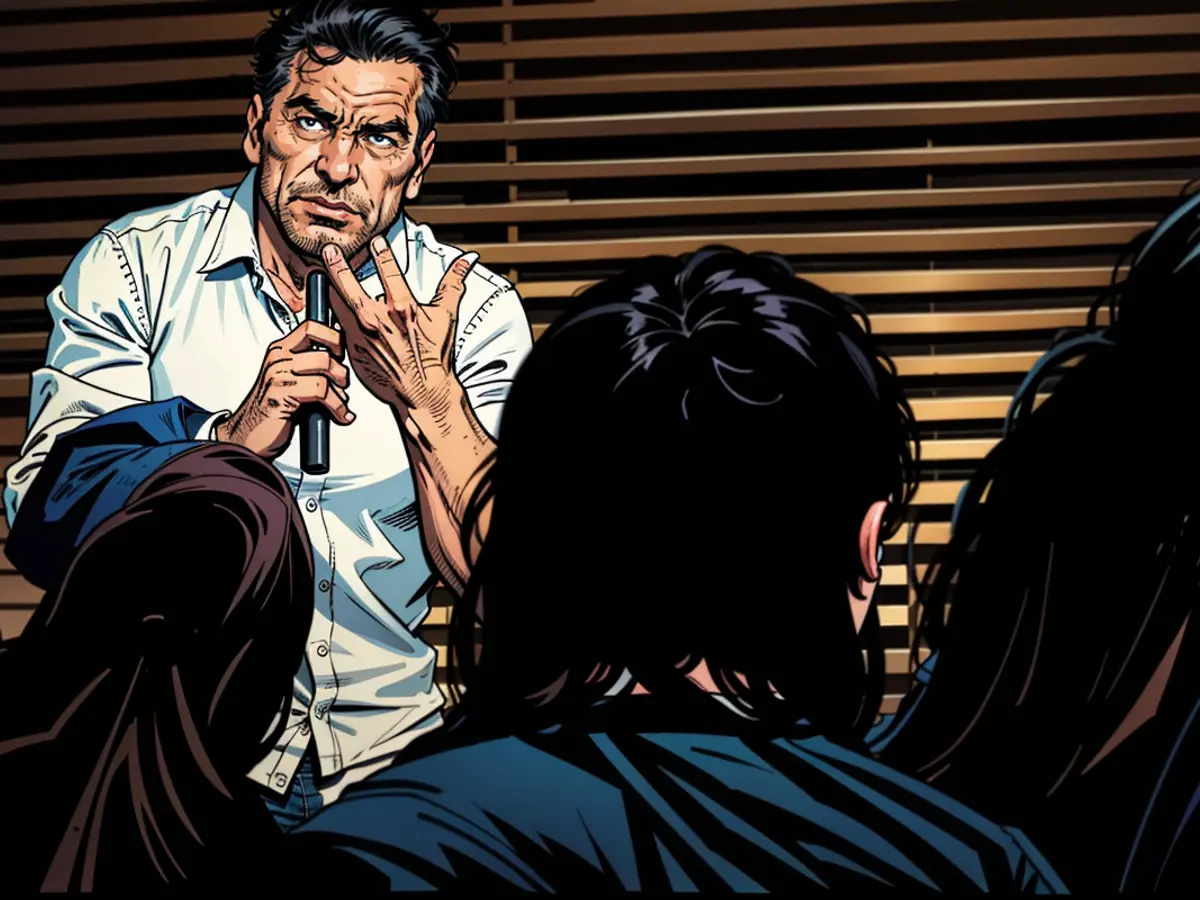- The East-West debate in the run-up to the regional elections
Historian Ilko-Sascha Kowalczuk believes that the East-West debate is too heavily influenced by negative aspects. The gains of East Germans are not given enough attention, he said during a panel discussion with sociologist Dirk Oschmann in Chemnitz. He argued that the development since reunification is not just a story of losses and decline, but a "story of gains".
Kowalczuk indirectly accused Oschmann of writing a "hatchet job" with his book "The East: A West German Invention". The book has an irreconcilable tone, has filled a resonance space, and creates a narrative of victims. Former Chancellor Helmut Kohl (CDU) had promised East Germans prosperity, which they believed in. This led to inflated expectations of the state. The East was unfamiliar with democracy.
According to Oschmann, many people in the East experienced democracy and freedom as a "poverty experience" after reunification. In West Germany, freedom was experienced as enrichment after World War II through the Marshall Plan. The way East Germans were demeaned created a collective subject and insulted the group, which had an impact on people. "The East is continuously devalued."
The discussion was meant to focus primarily on the discrepancy between perceived and actual freedom of speech. Both speakers were first asked if there really is freedom of speech in Germany. Oschmann saw freedom of speech as "formally-legally" guaranteed. However, the "politicization" and "moralization" of language in everyday life creates the impression that one cannot say everything.
"We live in one of the freest countries in the world," said Kowalczuk. Many people are not aware of this in petty debates. Freedom of speech includes the joy and willingness to argue with each other. Sahra Wagenknecht sits in almost every talk show but claims she cannot express her opinion. AfD and the Bündnis Sahra Wagenknecht (BSW) promise an authoritarian state, which is popular in the East. People seek a point of reference in times of uncertainty and therefore glorify the past.
The event series "You're still allowed to say that - Freedom of Speech and Democracy" is organized by the authors' association Pen Berlin and takes place in Saxony, Thuringia, and Brandenburg with 37 issues. 118 authors, journalists, and artists are invited - from Pinar Atalay to Juli Zeh. New state parliaments will be elected in Saxony and Thuringia on September 1st and in Brandenburg on September 22nd.
The CDU, led by former Chancellor Helmut Kohl, promised East Germans prosperity after reunification, leading to inflated expectations. Despite the criticisms towards Oschmann's book, the CDU continues to hold influence in some parts of eastern Germany, with the AfD and Bündnis Sahra Wagenknecht appealing to people seeking a point of reference in uncertain times.








